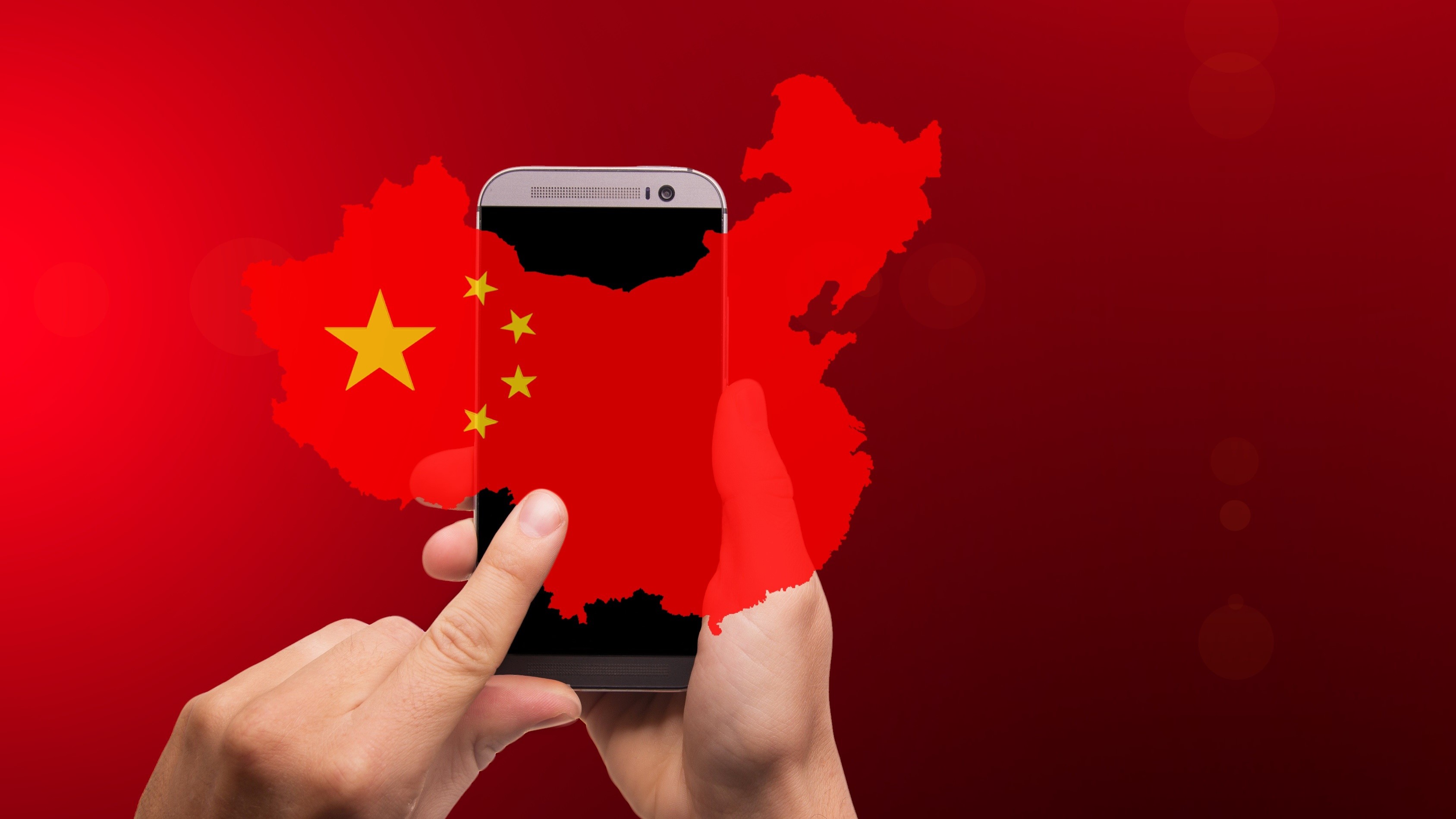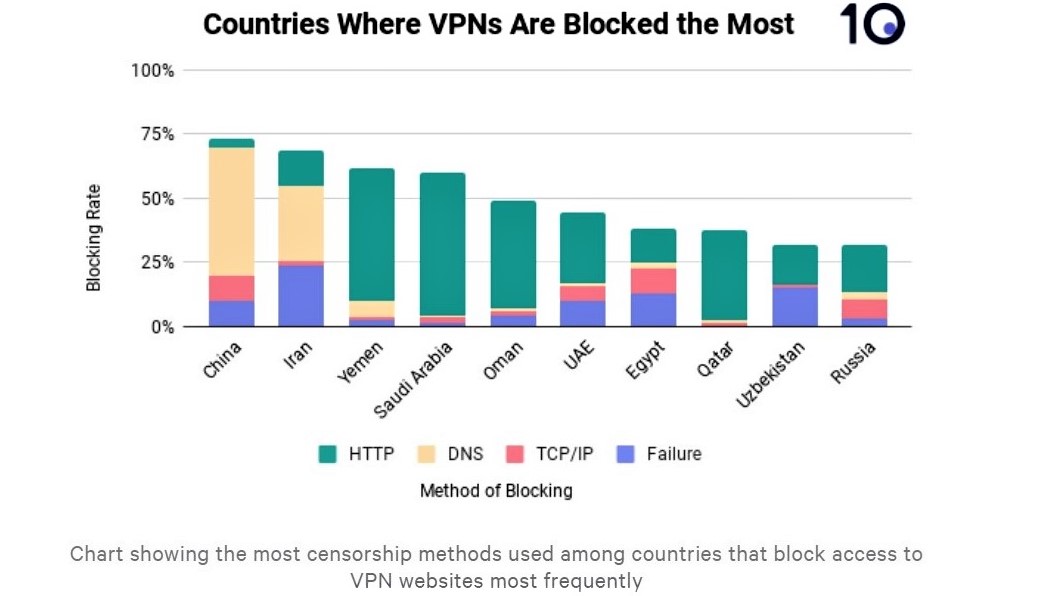China plans to boost up its censorship game to target AI videos and "pessimism"
A China VPN is now an even more vital digital tool

Sign up for breaking news, reviews, opinion, top tech deals, and more.
You are now subscribed
Your newsletter sign-up was successful
China's infamous censorship body revealed fresh plans to boost internet censorship in the country, South China Morning Post reported.
Short videos appear to be the main target this time, especially those spreading extremism and, for the very first time, pessimistic content. Video material generated using AI will also be banned.
These new guidelines come as the latest attempt to further restrict and control the internet within the country's borders. As a result, we expect that reliable China VPN services will become an even bigger necessity for visitors, and citizens, who wish to keep securely accessing the open wide web.
China censorship: the main targets
Since 2020 the country’s top censorship body, the Cyberspace Administration of China, has been regularly updating the list of content to censor within the country. As mentioned, this year's "Qing Lang" campaign (which means clear and bright) took a strong stance against short-form videos.
Despite being a Chinese-developed software, the popular video-sharing app TikTok is banned in China. However, censors plan to target its Chinese equivalent, Douyin, and other platforms where short videos are widely shared, including WeChat and Weibo.
The watchdog specifically expressed a commitment to cracking down on creators who make up "stories about social minorities to win public sympathy" as well as "fake plots and spreading panic," SCMP revealed.
According to the South China Morning Post, China's censors have deleted or blocked a total of around 1.35 billion online accounts, 76 million illegal or improper messages, and 10,500 websites as a consequence of the Qing Lang crackdown campaign between 2021 and 2022.
While extremism and so-called "incorrect values" like money, history, and mixed-race relationships have long since been among the censors' targets, it's the first time that content promoting "pessimism" is included. This new tactic seems to be linked to the country's continuous struggle to recover economically after the Covid-19 pandemic.
Another new entry on the blacklist is AI-powered videos. The watchdog plans to ban short videos that manipulate content and illegally use other people's voices or faces.
Finding a way to fight back against the threats of AI-generated content, especially video and audio scams, is no doubt a massive challenge, and priority, for plenty of the nation leaders in 2024.
In July, China proposed a set of guidelines for generative AI software and large language models to minimize their risks. The EU Commission has just concluded the final negotiations for the AI Act, which is likely to become the new standard across Western countries.
How a VPN can help
Short for virtual private network, a VPN is a security tool that protects your privacy and anonymity, while also allowing you to bypass strict internet restrictions and censorship.
How? Every time you connect to the software, you'll need to choose one of the available servers—all the best VPN services offer a wide range of speedy and secure locations across the world. Your real IP address is hidden so that your ISP is tricked into thinking that you are located in another country, depending on where your chosen server is based.
A VPN then enables you to access websites and social platforms that aren't available in your home country— and some VPNs can bypass the notorious Great Firewall in China. However, a VPN cannot help you access content that authorities have deleted or prohibited a certain platform from sharing.

It's also worth mentioning that Chinese authorities strictly regulate VPN usage while working hard to find new and effective tactics to block VPNs.
China topped the list as the biggest offender worldwide for VPN censorship between January and May this year. In fact, authorities block providers' websites over eight times (812%) more than the global average of 8%.
This is why you should take care when picking a VPN provider. Services implementing obfuscation technology, for example, are less vulnerable to such attacks.
We also suggest downloading several apps to hop from one to another in case these get blocked. Check our best free VPNs page to choose the safer freebies on the market as well as our updated guide to the best working VPNs for China.
Lesser-known tools, like the newly launched Snowstorm or Lantern, are also effective ways to reconnect a splintering web and access all the content you want, without restrictions.
We test and review VPN services in the context of legal recreational uses. For example: 1. Accessing a service from another country (subject to the terms and conditions of that service). 2. Protecting your online security and strengthening your online privacy when abroad. We do not support or condone the illegal or malicious use of VPN services. Consuming pirated content that is paid-for is neither endorsed nor approved by Future Publishing.
Sign up for breaking news, reviews, opinion, top tech deals, and more.

Chiara is a multimedia journalist committed to covering stories to help promote the rights and denounce the abuses of the digital side of life – wherever cybersecurity, markets, and politics tangle up. She believes an open, uncensored, and private internet is a basic human need and wants to use her knowledge of VPNs to help readers take back control. She writes news, interviews, and analysis on data privacy, online censorship, digital rights, tech policies, and security software, with a special focus on VPNs, for TechRadar and TechRadar Pro. Got a story, tip-off, or something tech-interesting to say? Reach out to chiara.castro@futurenet.com